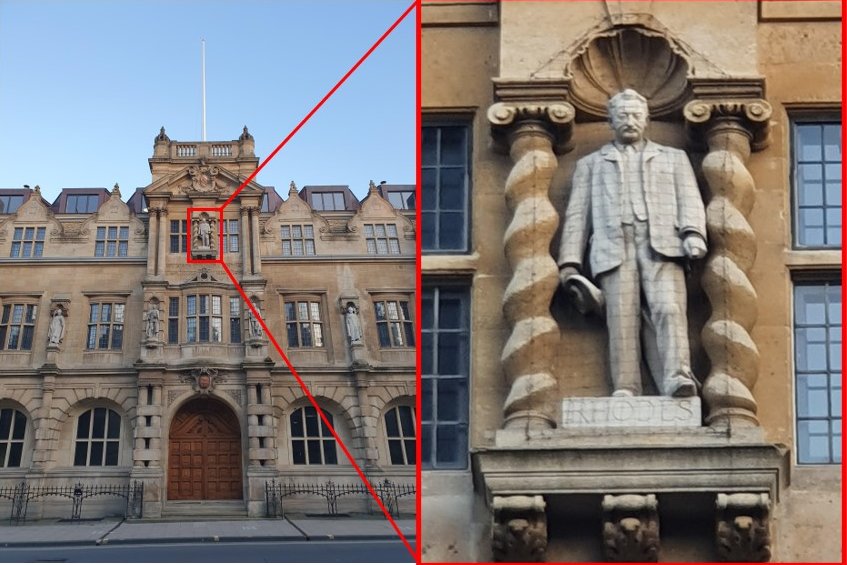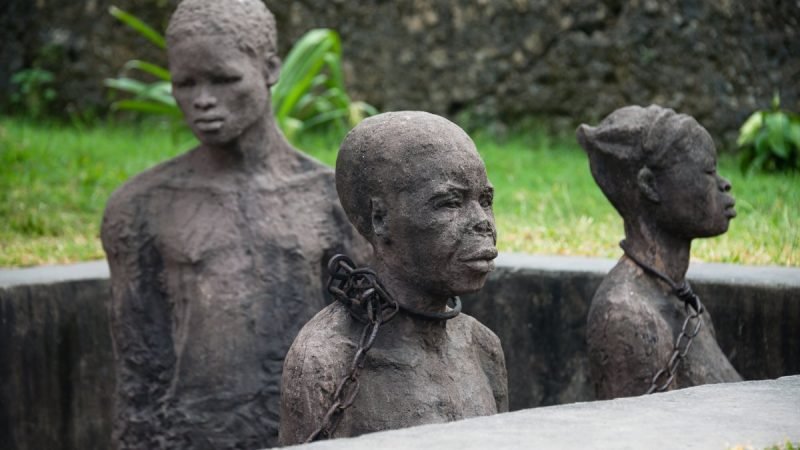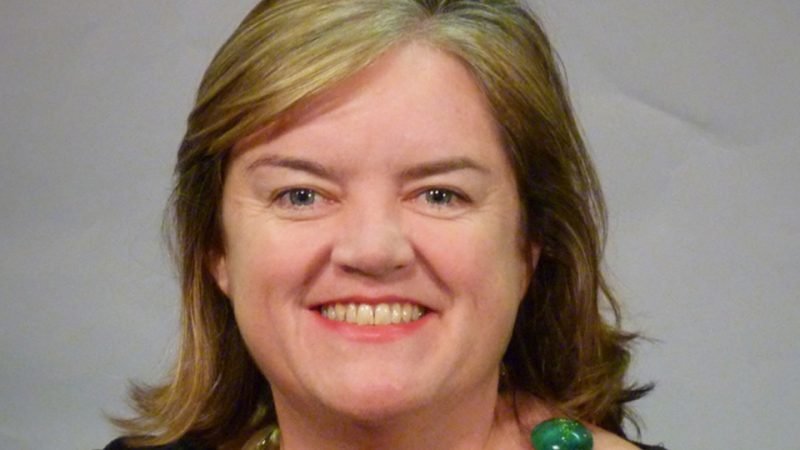University of Oxford College to remove Cecil Rhodes’ statue

The Governing Body of Oriel College has today voted to launch an independent Commission of Inquiry into the key issues surrounding the Rhodes statue. They also expressed their wish to remove the statue of Cecil Rhodes and the King Edward Street Plaque. This is what they intend to convey to the Independent Commission of Inquiry. This follows protests outside the college, as part of the Black Lives Matter movement, in early June 2020.
A Statement from the Governing Body read, "Both of these decisions were reached after a thoughtful period of debate and reflection and with the full awareness of the impact these decisions are likely to have in Britain and around the world."
"The Commission will deal with the issue of the Rhodes legacy and how to improve access and attendance of BAME undergraduate, graduate students and faculty, together with a review of how the college’s 21st Century commitment to diversity can sit more easily with its past.
At today’s meeting, the Governing Body also approved the appointment of an independent Chair for the Commission of Inquiry, Carole Souter CBE, the current Master of St Cross College and former Chief Executive of the National Lottery Heritage Fund, who in turn will approach a number of individuals drawn from the worlds of academia, education policy, law, politics and journalism. The commission is intending to draw upon the greatest possible breadth and depth of experience, opinion and background.
The Inquiry will, in turn, invite submissions from a broad range of stakeholders from Oxford itself and the country as a whole; the students, representatives of Rhodes Must Fall and Oxford City council, as well as alumni of Oxford and Oriel and citizens of the city. Written and oral evidence will be requested. It is intended that some oral evidence sessions will be held in public, with similar rules of engagement to that of a parliamentary select committee.
By setting up this commission, Oriel governing body is demonstrating that it is willing to be guided by all its stakeholders.
The Governing Body believes that this decision will allow a serious, appropriate and productive resolution of a complex series of issues.
Ms Souter has insisted on a thorough process - but conducted at pace - and set to report to the Governing Body by the end of the year."
The power of education is a catalyst for equality and inclusiveness
Earlier in June, during the protests, the college said "Oriel College abhors racism and discrimination in all its forms. The Governing Body are deeply committed to equality within our community at Oriel, the University of Oxford and the wider world."
"As an academic institution we aim to fight prejudice and champion equal opportunities for everyone regardless of race, gender, sexuality or faith. We believe Black Lives Matter and support the right to peaceful protest.
"The power of education is a catalyst for equality and inclusiveness. We understand that we are, and we want to be, a part of the public conversation about the relationship between the study of history, public commemoration, social justice, and educational equality. As a college, we continue to debate and discuss the issues raised by the presence on our site of examples of contested heritage relating to Cecil Rhodes.
"Speaking out against injustice and discrimination is vital and we are committed to doing so. We will continue to examine our practices and strive to improve them to ensure that Oriel is open to students and staff of all backgrounds, and we are determined to build a more equal and inclusive community and society."
About the 'Rhodes Must Fall' campaign
Rhodes Must Fall was a protest movement that began on 9 March 2015, originally directed against a statue at the University of Cape Town (UCT) that commemorates Cecil Rhodes. The campaign for the statue's removal received global attention and led to a wider movement to "decolonise" education across South Africa. It also inspired the emergence of allied student movements at other universities, both within South Africa and elsewhere in the world.
At the University of Oxford, in 2016, students called for a statue of Rhodes to be removed from Oriel College and started a movement at the university to better represent non-white culture in the curriculum as well as to combat racial discrimination and insensitivity.
Cecil Rhodes was a British mining magnate, and politician in southern Africa. Born in Hertfordshire, he migrated to South Africa at the age of 17, going on to found the famous De Beers diamond company, formed in 1888, which retains its prominence into the 21st century. Rhodes advocated vigorous settler colonialism and ultimately a reformation of the British Empire so that each component would be self-governing and represented in a single parliament in London. An ardent believer in British imperialism, Rhodes and his British South Africa Company founded the southern African territory of Rhodesia (now Zimbabwe and Zambia), which the company named after him in 1895 and which were not renamed until 1980 (Zimbabwe) and 1964 (Zambia).
The legacy of Cecil Rhodes at The University of Oxford is far-reaching, as in his will Rhodes established The Rhodes Scholarships. Each year, some 100 international students are selected to study at Oxford under the scholarship that bears Rhodes' name. This scholarship is regarded as one of the most prestigious scholarships in the world. When some of those in receipt of the scholarship were challenged over their opposition to iconography of Rhodes in Oxford, they commented "this scholarship does not buy our silence" and that "...there is no hypocrisy in being a recipient of a Rhodes scholarship and being publicly critical of Cecil Rhodes and his legacy". *
Organising members of Rhodes Must Fall in Oxford stated that awareness should be raised at the university about the institution's implication in colonialism and the violence that accompanied it, and that representation of 'black voices' should be improved.
* Information from Wikipedia




